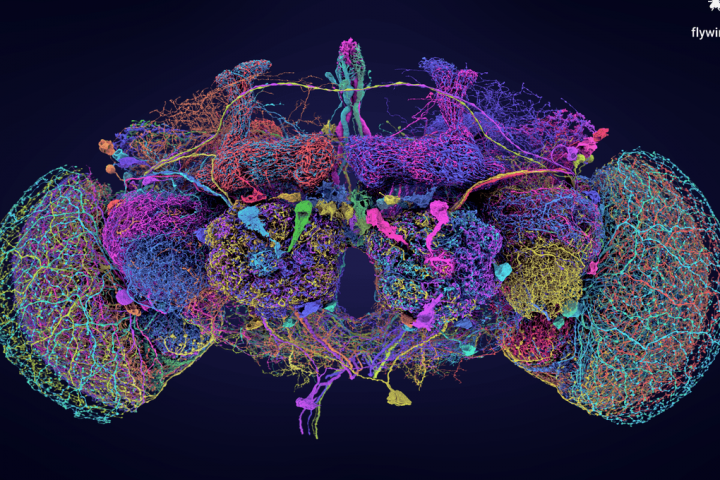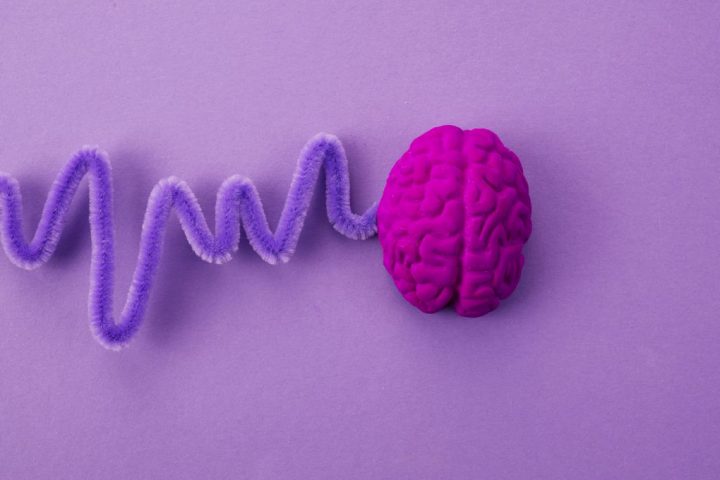ADHD is no longer just a condition associated with children. More and more adults, including women and girls, are now being diagnosed. In fact, it’s estimated that 3 percent of the adult population has ADHD. However, one group that remains poorly understood is older adults.
A new study has shed light on the potential risks for older adults with ADHD. The study, which analyzed data from over 100,000 people, found that ADHD was significantly associated with an increased risk of dementia. Even when accounting for other risk factors, such as cardiovascular disease, the risk of dementia was almost 3 times higher in those with ADHD.
This finding is crucial and aligns with previous research in this area. The study suggests that the brains of adults with ADHD may be less able to compensate for the effects of aging, making them more susceptible to dementia. It also highlights the importance of taking ADHD symptoms in older adults seriously, as they can resemble early signs of cognitive decline.
Physicians, clinicians, and caregivers working with older adults should monitor ADHD symptoms and associated medications. It’s essential not to ignore symptoms of attention deficit and hyperactivity in old age and to discuss them with physicians.
The study also raises intriguing questions about the use of psychostimulant drugs, such as Ritalin and Adderall, in treating ADHD. While these treatments may potentially help mitigate the increased risk of dementia, further research is needed to fully understand the risks and benefits.
Dementia is already a major concern worldwide, and it’s crucial to ensure that adults with ADHD receive appropriate medical interventions throughout their lives. While interest and awareness of ADHD have grown, there is still work to be done in academic research to address the needs of this population.
The study was published in the journal JAMA Network Open.








